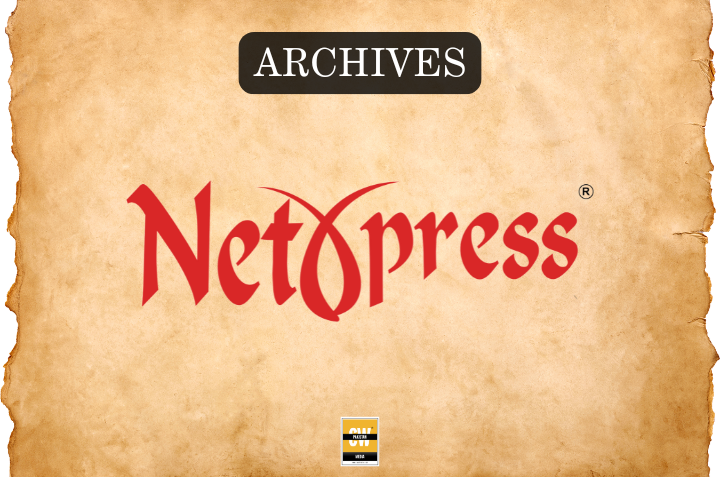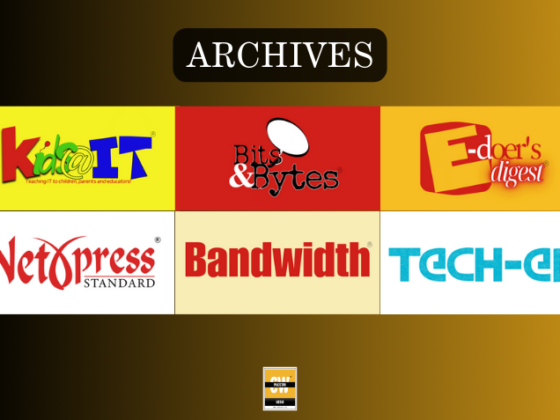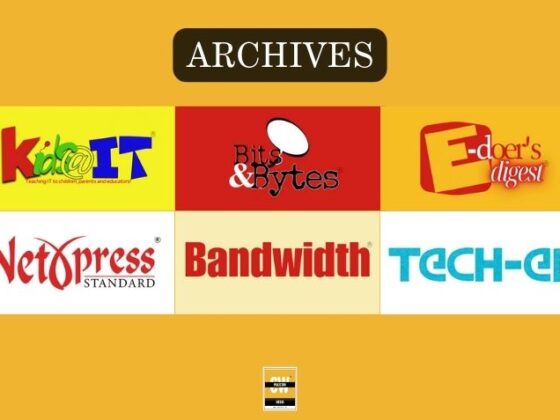Netxpress April Edition 2003
Here is a look at just how electronic the government is becoming. Gone are the days when we could only dream about how easy life would be if some brainless government procedures could be tapped into and done through the Internet. It’s here, ladies and gentlemen. The good professor, Dr. Atta ur Rehman has asked all Ministries to evolve a mechanism to update their websites daily.
While this sounds like a pretty tough deal, think of how easy an action such as this could make for the life of the common Pakistani. No more long lines – no more short working hours.
“(Pakistan.gov)” the first ever information and services portal of the government of Pakistan launched by IT & Telecom Division will facilitate
delivery of services to citizens, strengthen the relationship between people and the state through greater participation, increase efficiency of government departments and enhance transparency in government transactions.
The portal will help to enhance the Government of Pakistan’s image in the eyes of the local and foreign investors, increase collaboration between government organizations and create an IT aware culture in government employees. This was stated by Federal Minister for Education, Science & Technology Prof. Atta-ur-Rahman here today while briefing the Ministers, Secretaries or their representatives about the web portal.
Federal Ministers for Interior, Commerce, Law and Parliamentary Affairs, Culture and Tourism and Minister for Labour and Manpower and the Secretaries of almost all the Divisions or their representatives attended the meeting.
Prof. Atta asked all the Ministries to own the portal and evolve a mechanism of updating their websites daily. The Ministries will provide the information to be added/modified in the web sites on a daily basis to the IT Commission.
“While this portal can facilitate the government and citizens in many ways, incorrect, incomplete or outdated information will be of no use” said Prof. Atta. The Minister emphasized on the need of an integrated effort to make the portal really useful.
All the Ministries/Divisions have also been requested to waive off registration fee of most of the forms and accept downloaded forms. The government will evolve a mechanism to implement this proposal. The participants were informed that the Portal will be the face of the government to the world.
Web sites of 35 Divisions of government have been integrated with the Portal. These sites contain useful information for all potential users, both domestic and international. The information contained includes organisational details, rules and procedures, contact persons and their email, downloadable forms, information about jobs, tenders, official gazette, notifications etc. and data of interest to the general public.
Citizens will be able to access the individual web sites or get required services from the central portal to which all the websites are linked. In addition to the web sites for 35 divisions, four special purpose web sites have also been developed in consultation with the relevant government agencies.
These sites are Educational Institutions Locator, Hajj and Umrah, Official forms of the government and a website on Quaid-i-Azam Muhammad Ali Jinnah. The participants were informed that the project has been divided into three phases.
The present phase of the “(link unavailable)” project will create a cyber presence for the Government of Pakistan. This phase is characterized by providing basic information about the government to the public.
This stage enables the public access to critical information and download forms for which previously they had to visit the government office.
In Phase 2 citizens will be allowed to conduct and complete entire tasks online. The focus of this stage will be to build self-service applications for the public to access online and to use the web as a complement to other delivery channels. Typical services that will be migrated to this stage of development include tax returns filing and tax payment, driver’s license renewal, and payment of fines, permits and licenses, payment of utility bills etc.
Additionally, the government may put requests for proposals and bidding regulations online as a precursor to e-procurement. In Phase 3 end-to-end transactions including financial payments will be conducted through the web.
Let’s hope that the websites are able to meet up to the expectations of the people.




